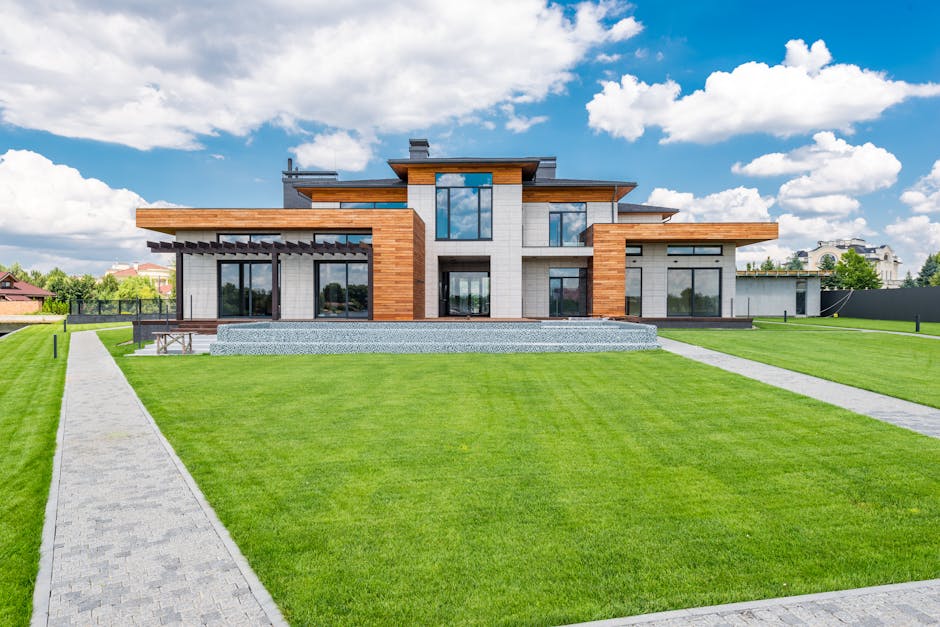Understanding the Real Estate Market
Understanding the Real Estate Market
Blog Article

Selling a home is a significant undertaking that requires careful planning and execution. Understanding effective home sale strategies can make the difference between a quick sale and a prolonged listing. In this article, we will explore essential aspects of the real estate market, home staging techniques, pricing strategies, and additional tips for marketing and negotiation that can help maximize your home’s value.
Understanding the Real Estate Market
Before diving into specific strategies for selling your home, it’s crucial to have a solid understanding of the current real estate landscape. This involves researching local market trends, including the demand for homes in your area, average selling prices, and the time homes typically spend on the market. Analyzing comparable homes—those that have recently sold in your neighborhood—is a fundamental aspect of this process. This comparative market analysis will provide insight into what buyers are willing to pay and help you position your home competitively. Keep in mind that local real estate agents can be invaluable resources in this research, providing data and insights that inform your selling strategy.
Effective Home Staging Techniques
Home staging is an essential element of successful home sale strategies. It involves preparing your home to appeal to potential buyers and make a memorable first impression. Here are some effective staging techniques to consider:
1. Declutter and Depersonalize: Remove personal items, family photos, and excessive decorations to create a neutral space where buyers can envision themselves living. This opens up the space and allows potential buyers to see the home’s potential. 2. Enhance Curb Appeal: The exterior of your home is the first thing buyers will see. Ensure that your lawn is well-maintained, the entryway is clean, and consider adding some potted plants or fresh flowers to create an inviting atmosphere. 3. Optimize Spaces: Rearrange furniture to highlight the best features of each room. Make sure pathways are clear and that rooms appear spacious. Consider using neutral colors for wall paint and decor to appeal to a broader audience. 4. Highlight Key Areas: Focus on areas that sell homes, such as the kitchen and bathrooms. Make sure these spaces are clean, functional, and visually appealing. Small updates, like new fixtures or a fresh coat of paint, can make a significant impact. By implementing these home staging techniques, you can create an inviting environment that helps potential buyers feel at home.
Pricing Strategies to Attract Buyers
Once your home is staged and ready for showings, establishing the right price is crucial. Pricing strategies are a key component of successful home sale strategies, as they directly influence buyer interest. Here are some tips to consider:
1. Conduct Market Research: Utilize the information gathered during your market analysis to set a competitive price. Look at the prices of recently sold homes that are similar to yours in size, location, and condition. 2. Consider Psychological Pricing: Pricing your home just below a round number, such as $299,000 instead of $300,000, can make your listing more attractive to buyers who are filtering their searches based on price ranges. 3. Be Open to Negotiation: Setting a slightly higher price can provide room for negotiation. However, ensure that your initial price remains competitive to avoid deterring potential buyers. 4. Reassess Periodically: If your home has been on the market for a while without significant interest, it may be time to reevaluate your pricing strategy. Be willing to adjust based on feedback and market conditions.
Marketing and Negotiation Tips
In addition to staging and pricing, effective marketing and negotiation can significantly enhance your home sale strategies. Utilize online listings, social media platforms, and local advertising to reach a broad audience. High-quality photos and virtual tours can also help showcase your home’s best features. When it comes to negotiation, be prepared to listen to offers and remain flexible. Understand the motivations of potential buyers and be willing to compromise on terms that can lead to a successful sale. In conclusion, selling a home involves a combination of understanding the real estate market, effectively staging your property, strategically pricing it, and marketing it to potential buyers. By implementing these home sale strategies, you can enhance your chances of making a successful sale and maximizing your profit. For those looking for additional resources, connecting with local real estate professionals can provide further insights tailored to your specific situation. For more information about effective home sale strategies in your area, consider exploring local resources to find real estate professionals who can guide you through the process. You can start by looking at nearby locations using this map link: [Explore Nearby Locations](https://www.google.com/maps/place/?q=place_id:ChIJl14YPC-_yIARzphXmAOIDzQ).
Report this page